How to train a 250lb pooch who is a mountain dog in every sense
Ben Randall helps a reader who has unexpectedly ended up caring for 18 stone of Newfoundland dog.
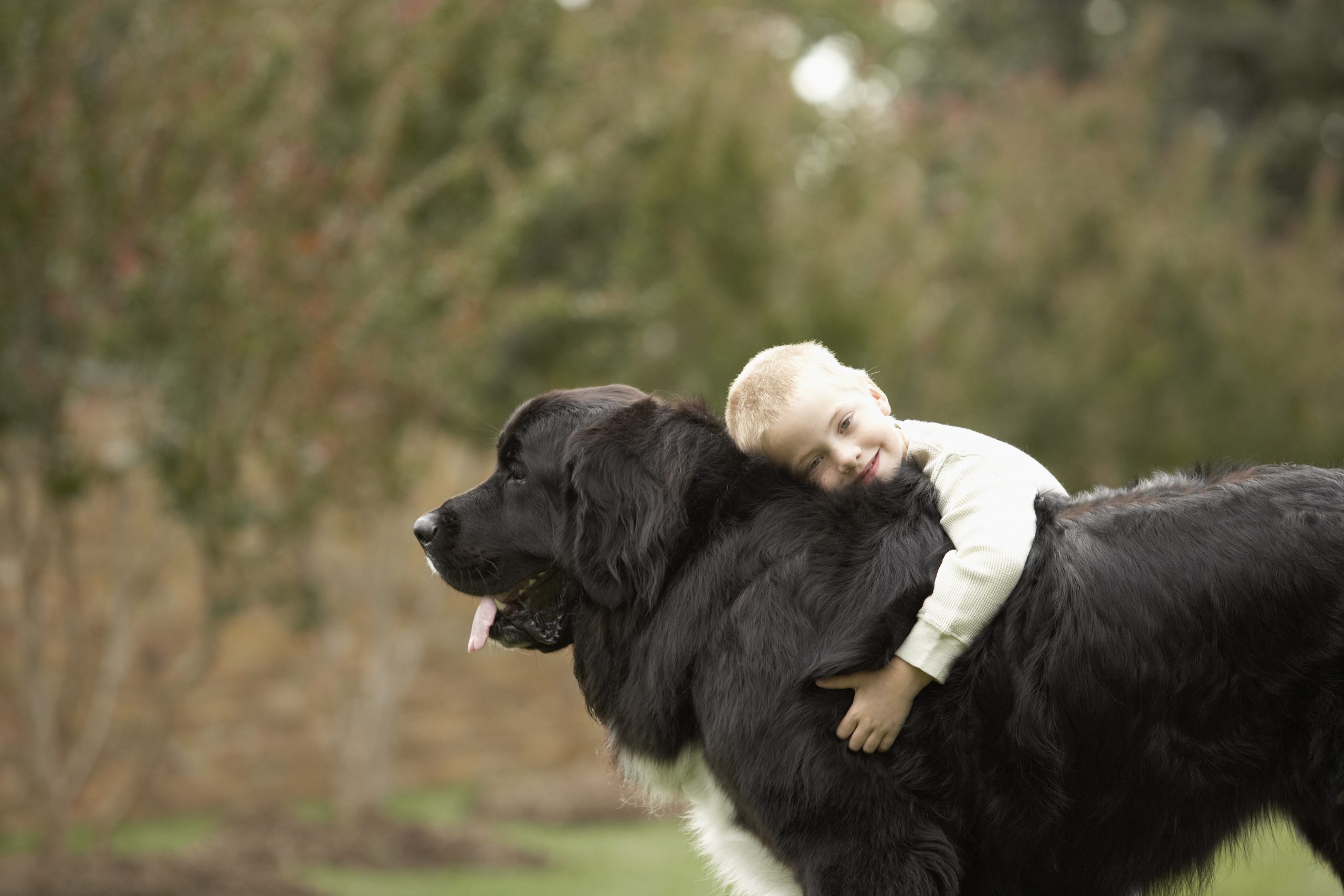

So much of training a dog is about building a wonderful long-term partnership, built on mutual respect and love, with your pet. But sometimes life has other plans for us, dropping dogs into our paths in ways we’d never have expected.
That’s exactly what’s happened to this week’s reader, whose selfless act of kindness has left her looking after a pooch who is a true mountain dog in every sense.
Dear BenA couple of weeks ago I acquired a 2-year-old Newfoundland while his owner is awaiting a transplant. He’s a sweet guy, but huge (around 225-250 lbs [that’s over 110kg, and almost 18 stone! — ed.]), stubborn and oblivious to loud noises. It’s difficult to get his attention — even patting him, slapping a paper on my leg and clapping my hands don’t work — and he’s a food stealer too.His owner has fed him a lot of people food in the past (including takeaways and fast food) and he is also a food stealer. I read your article regarding training at mealtimes, but there is no way I could remove his dish while he is eating — I can’t even get near it!So far I have managed to get him sitting before I put his food down, and he no longer knocks it out of my hand or knocks me down, but he is very determined.I am trying to get him to come when called, but if he wants to ignore you he will. I feel bad that I must keep him on a lead when he is outside and we are trying to play, but I would never forgive myself if something happened to him under my watch.I’ve got major concern about him stealing things from the bins, and we’ve started keeping them in a different room away from him. And though I know it’s early days, and he is settling in a bit, any thoughts or suggestions would be greatly appreciated.JB, via email
Firstly, I take my hat off to you for taking this dog. It’s not easy looking after a dog of this size at the best of times, much less having it arrive in difficult circumstances like these. And as I’m sure you’ve discovered, dealing with the amount of slobber and moulting that Newfoundlands are famous for is almost a full-time job in itself!
Unfortunately it sounds like the dog’s previous owner hasn’t helped things with diet, training and routine, something which I’m sure is down to the health issues. Fingers crossed that all goes well.
In the meantime, though, we can really help you get to grips with the dog. I’ve come across Newfoundlands, and other big breeds such as mastiffs, many times in working on my Beggarbush training methods and at our boarding kennels. It might not feel like it at the moment, but from your letter I can see some really encouraging signs and things for you to build on.
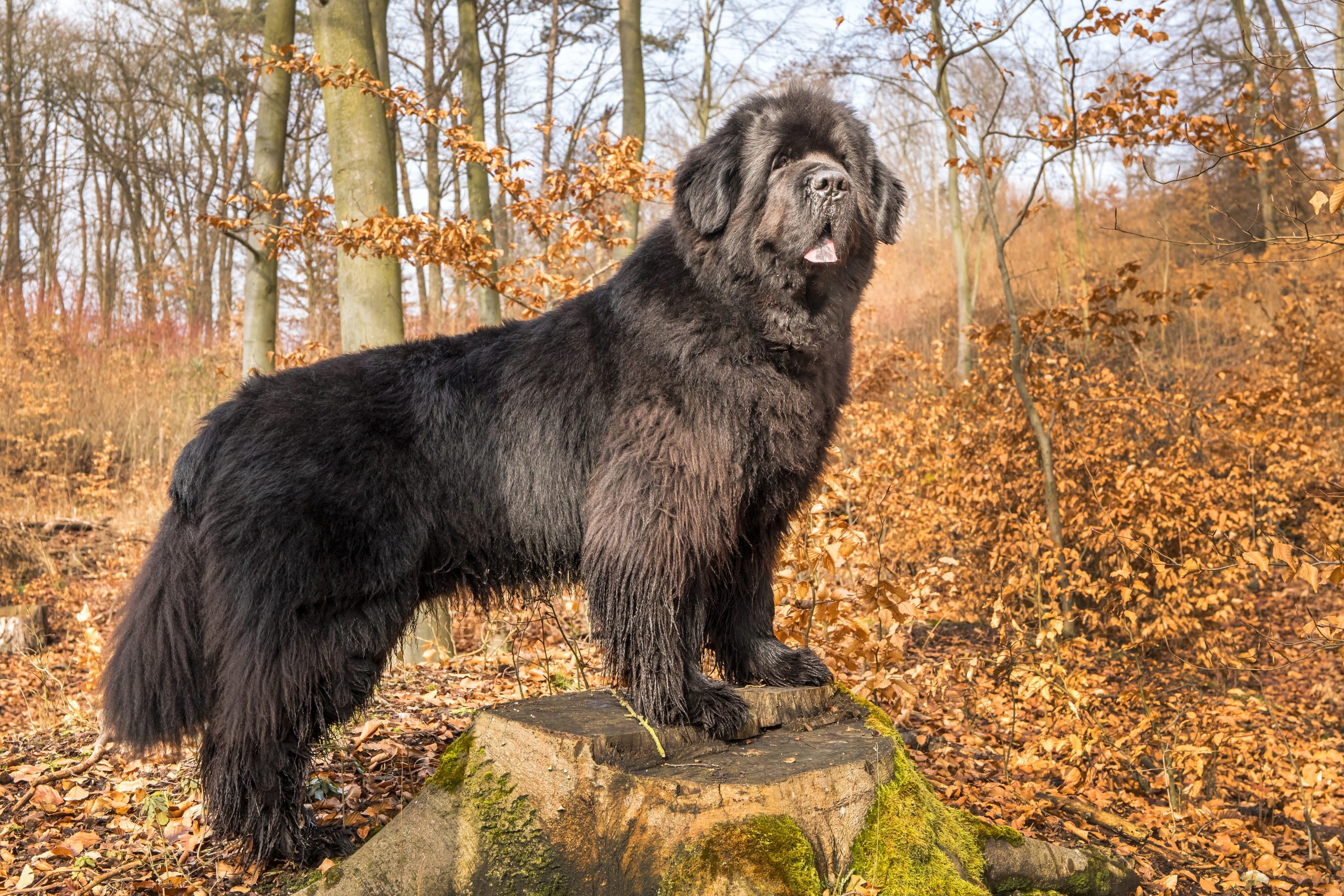
1. It’s time to start training, now
You’ve given the dog a couple of weeks to settle in, but your instinct is quite right: now is the time to crack on with instilling a new training routine and some new commands.
Part of this is taking temptation away, and moving the bins was exactly the right thing to do. It’ll help you keep things simple.
Sign up for the Country Life Newsletter
Exquisite houses, the beauty of Nature, and how to get the most from your life, straight to your inbox.
2. Focus on good food, and mealtimes that work for both of you
It sounds like you’re already improving this dog’s diet, and you’re quite right to do so. No matter how tempted you might be to mix in some human food treats with dog food, he really does need a balanced, nutritional diet designed for dogs (and dogs only).
After that, the key is to create a routine around feeding times. Normally this would be once in the morning and once in the evening, but because we’re teaching a new pattern of behaviour, let’s add in a small bit of feed at lunchtime as well. That gives you three training opportunities a day to improve how things are going.
The great news is that you say the dog is now sitting before you give him his food. Being able to remove his bowl might not be on the cards, but this gives you something to work with.
Ask the dog to sit while you prepare the food as normal, but take your time over it — and gradually increase the amount of time you take to get it ready. Without him even realising it, extending the routine this way will help you build his patience and self-control.
Then, instead of putting it straight down for him, instead walk a distance away from him, say his name and tap your left leg. I know you’ve said he has trouble paying attention to you, but he will come for his food — and as he does, ask him to sit.
Don’t then reward him immediately though. Repeat this several times, and at different distances, in and around your house and garden. And then after four or five goes, reward him with the food in the bowl — or for those midday sessions, the kibble in your hand.
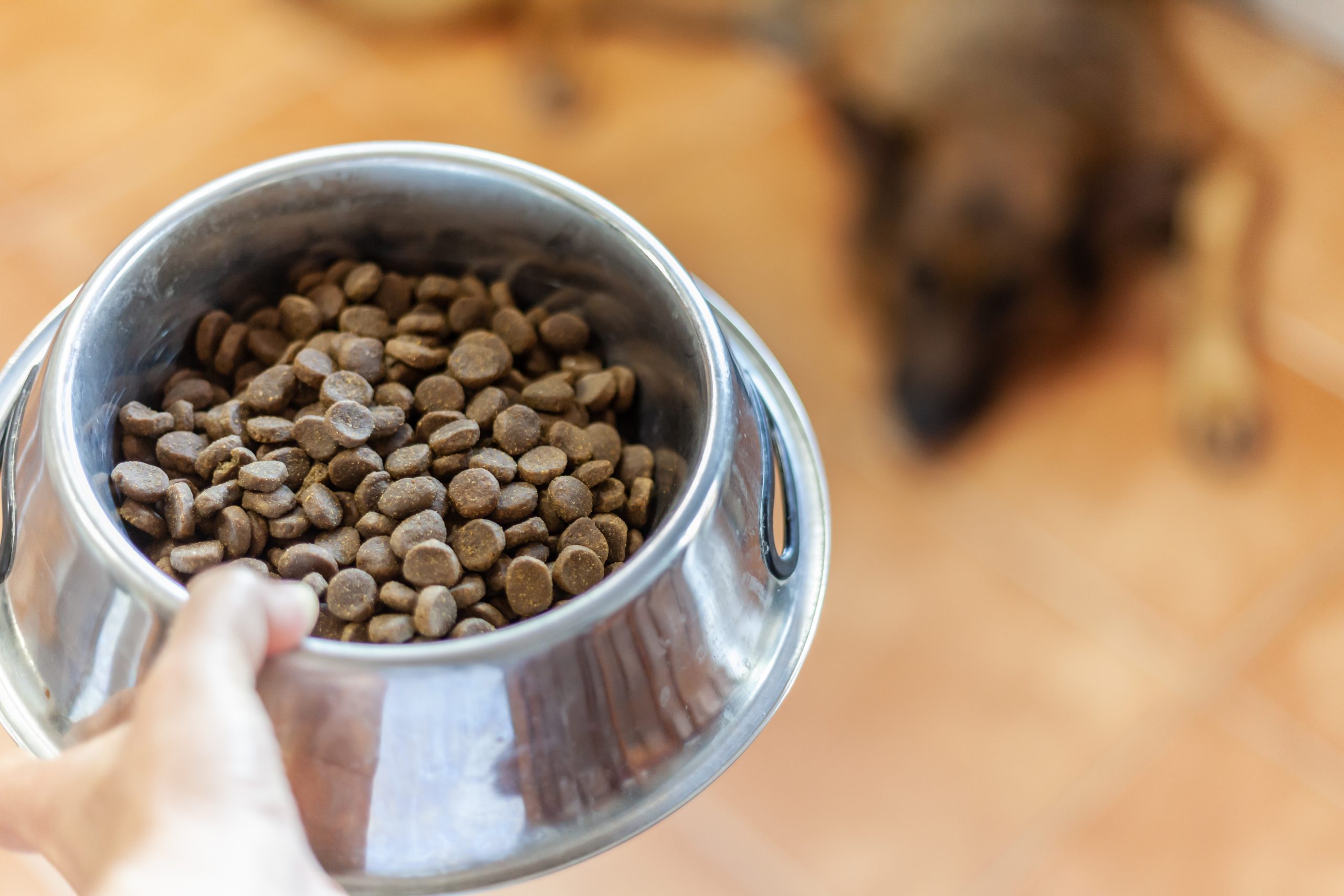
3. Start work on the heel command and recall
As your Newfoundland gets more used to demonstrating this patience at mealtimes, you can start to ask more of him. Ask him to sit as you walk around him in circles, while he waits. If he stays put, reward him by coming back and giving him the food. You can then work on his recall as well.
Next, we can start adding in heelwork. You’ve started calling him to get his food with a left leg tap, so now do the same with the ‘heel’ command and get him to follow along with you, walking by your left leg. This will only take 3-4 days of multiple feeds for the dog to understand: ‘If I stay on the left side where she’s tapping, I’ll get a reward from the right hand.’
All these things will build a great relationship built on respect and understanding between the two of you. He’ll be healthier with his diet, more engaged with you through these multiple training sessions each day, and you’ll be amazed at how quickly you build a far better connection and trust.
You’ve been worried about him continually ignoring you, but that will melt away once you build mutual trust and respect. All those bad habits will be gone, and you’ll have a dog who’s much easier to have around the house.
Apart from the drooling and the moulting, of course. You’re on your own with that!
For more detailed advice about Ben Randall’s positive, reward-based and proven BG training methods, one-to-one training sessions, residential training or five-star dog-boarding at his BGHQ in Herefordshire, telephone 01531 670960 or visit www.ledburylodgekennels.co.uk. For a free seven-day trial of the Gundog app, which costs £24.99 a month or £249.99 a year, visit www.gundog.app/trial
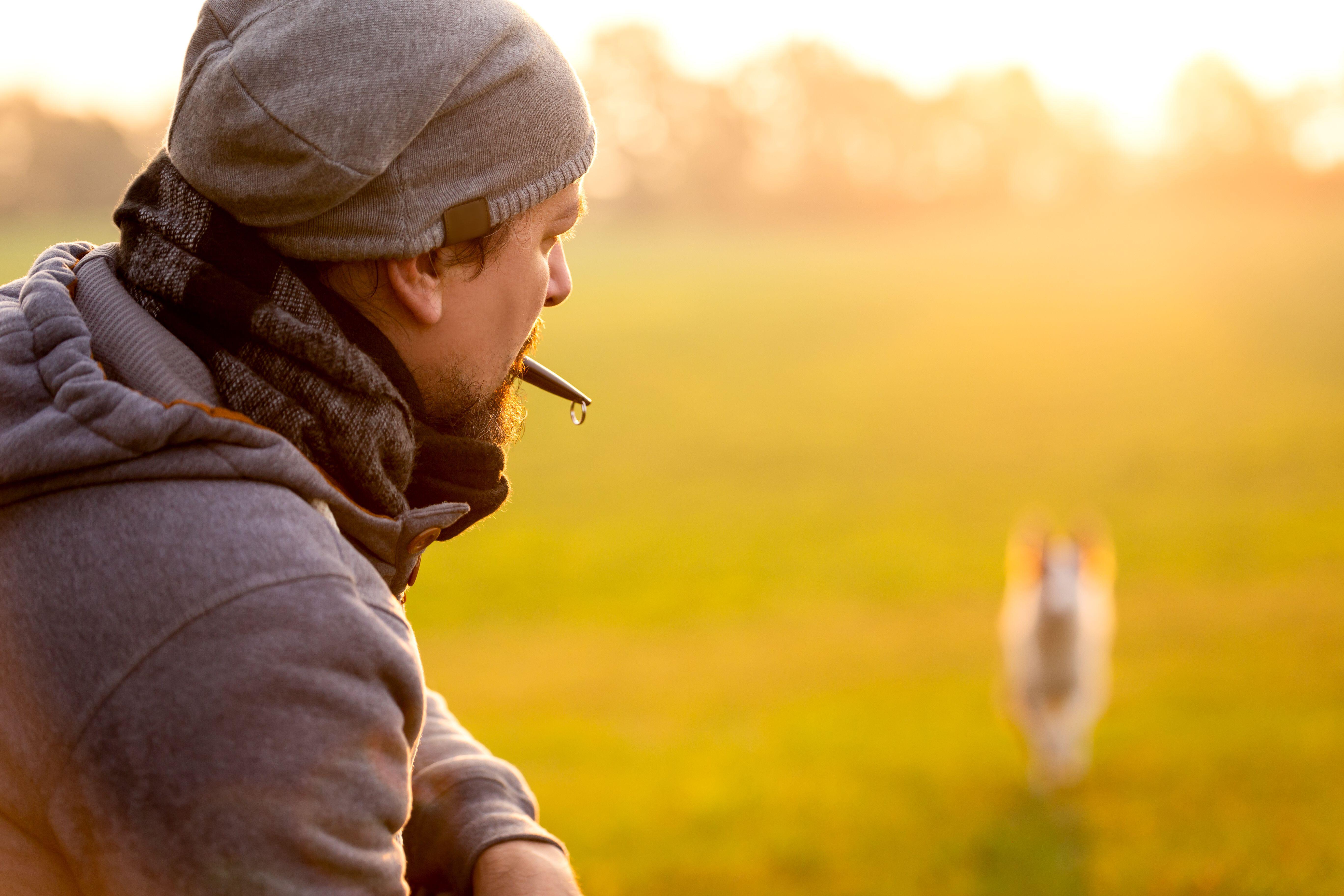
Credit: Alamy Stock Photo
How to train a dog with a whistle to get perfect recall every time, by expert trainer Ben Randall
If your dog is struggling with recall — particularly in big, open spaces like parks — a dog whistle could be an
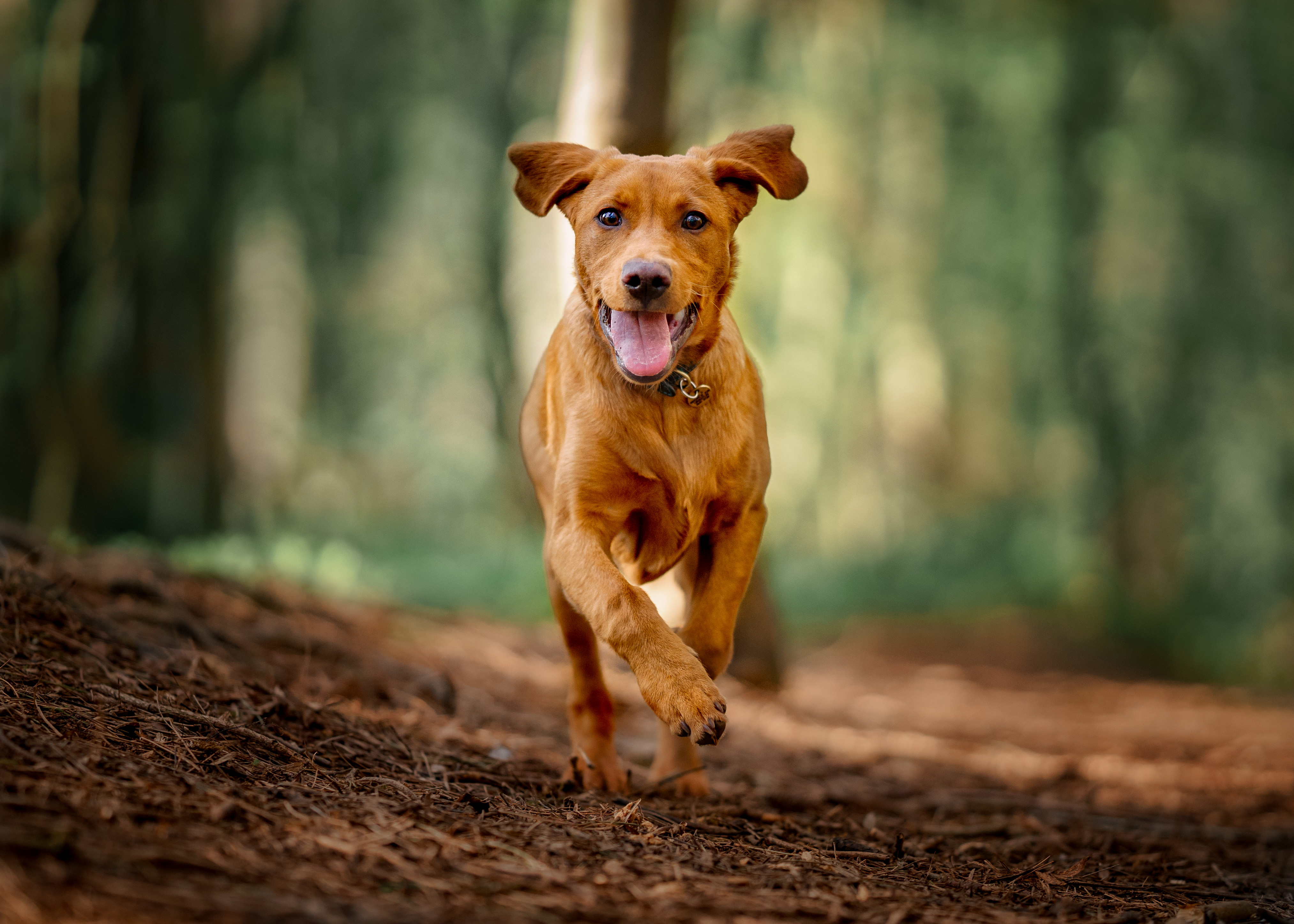
Credit: Getty Images
Dog recall training: Six tips from champion dog trainer Ben Randall
Training your dog is not easy — and with the huge recent rise in dog ownership, it's never been a better
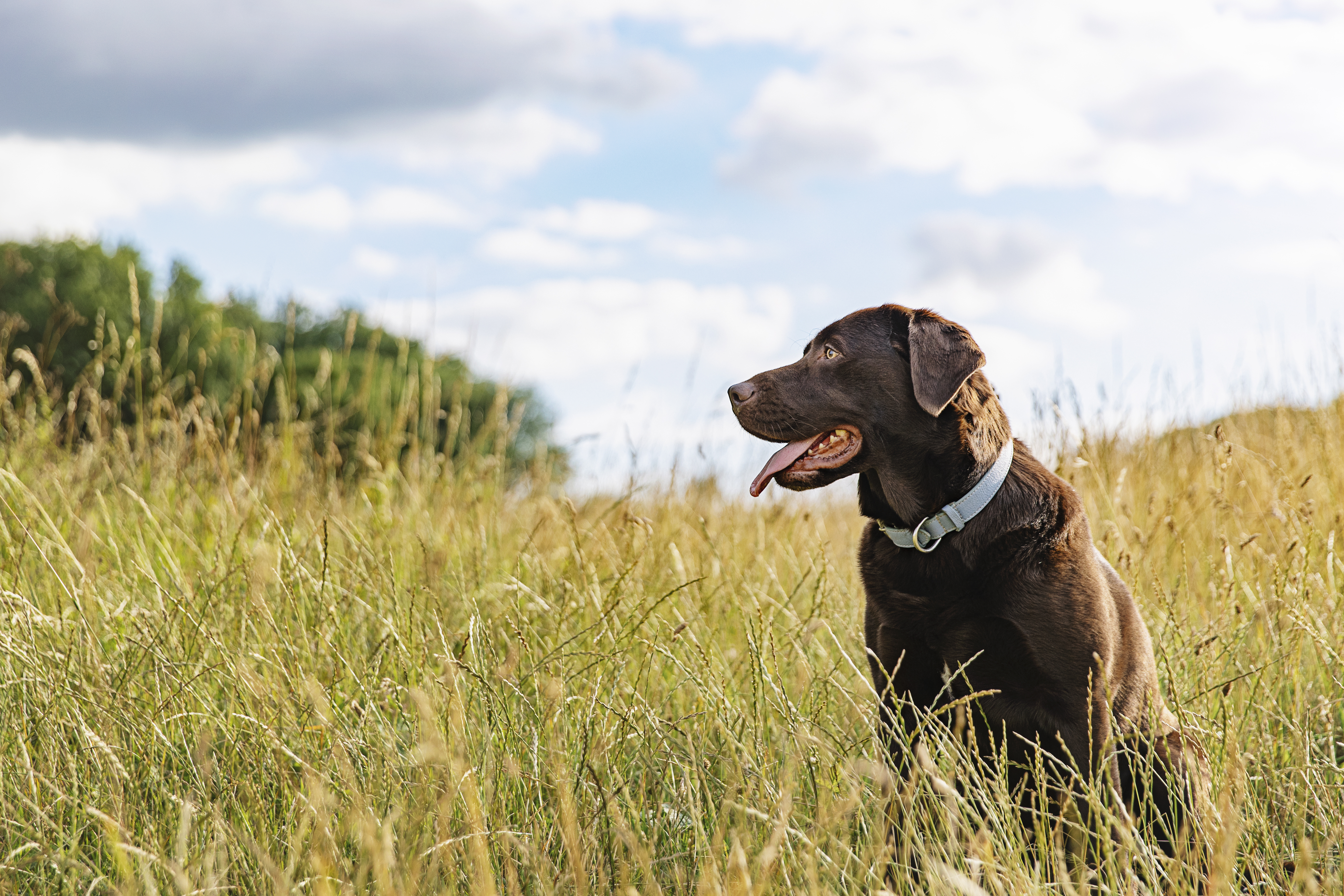
Credit: Getty
The three dog breeds that make the ultimate family pet, according to expert trainer Ben Randall
In decades of working with dogs, Ben Randall has seen every possible breed of dog — these are the three he'd
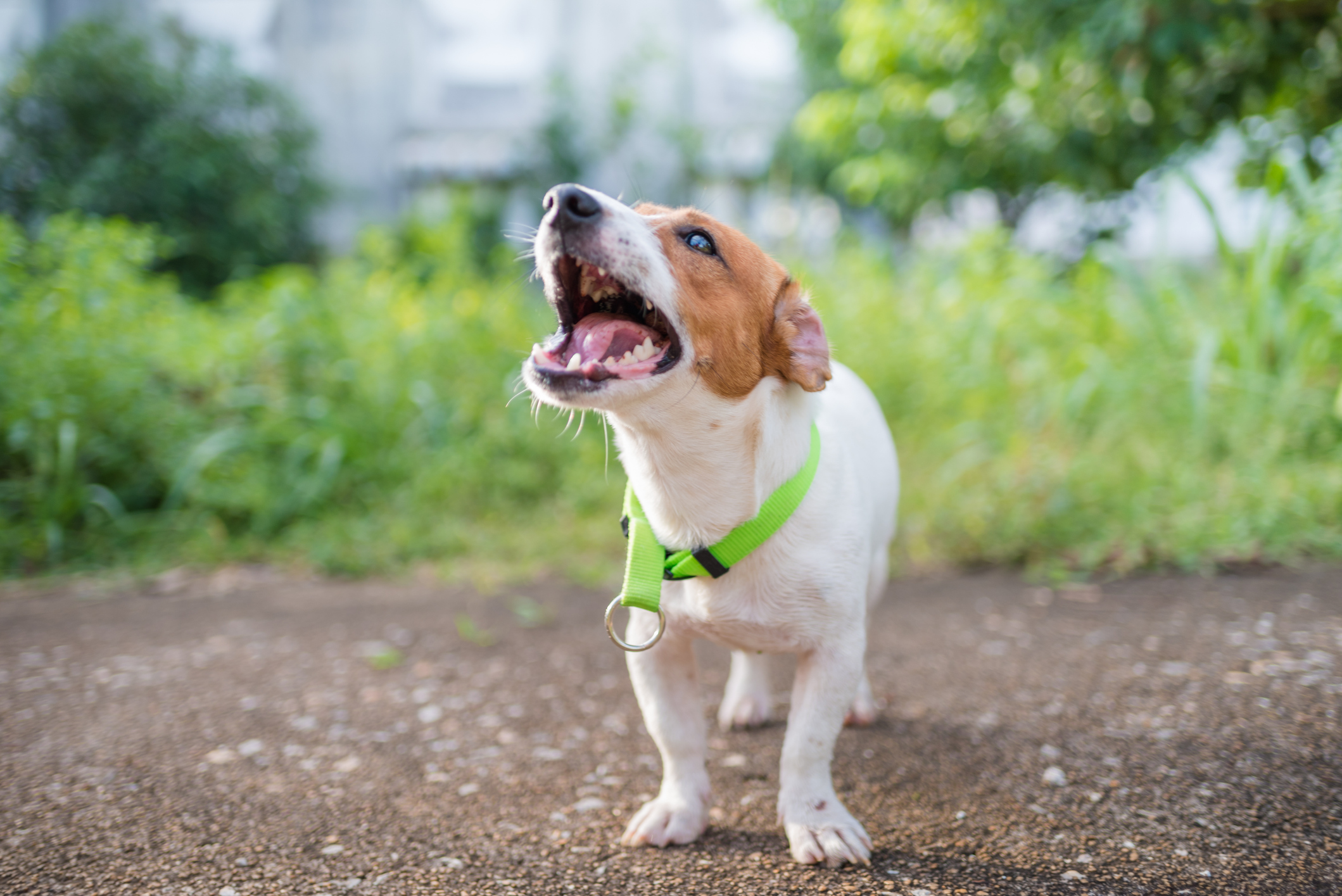
Puppy aggression: How to nip it in the bud before it becomes a problem, by award-winning trainer Ben Randall
A reader whose lovely puppy is starting to show worrying behaviour writes — and Ben Randall has some expert advice.
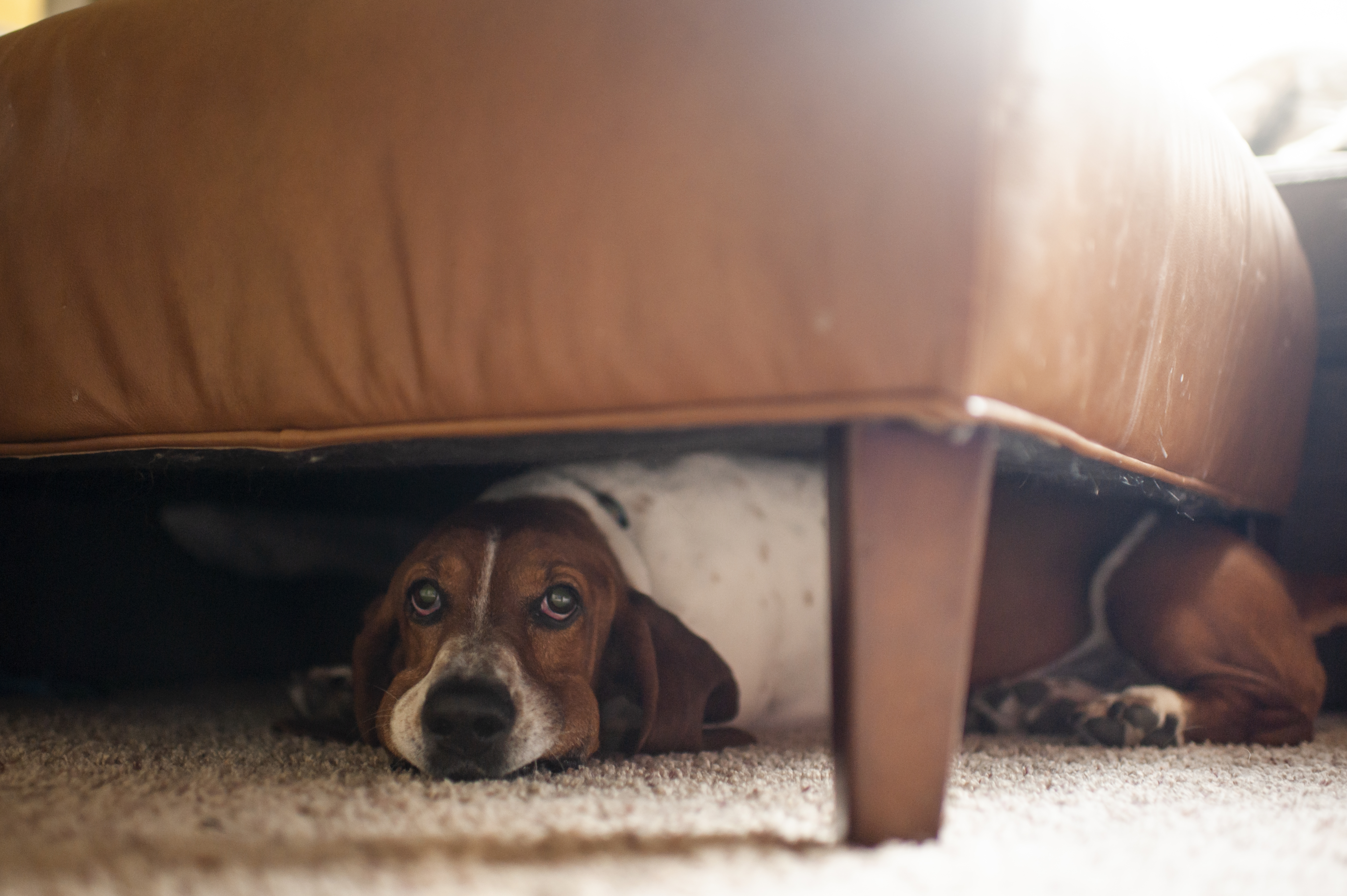
Credit: Getty
How to deal with a dog who is scared of men, by expert trainer Ben Randall
This week, our A-list dog trainer Ben Randall deals with a tricky topic: an adopted dog who seems to be
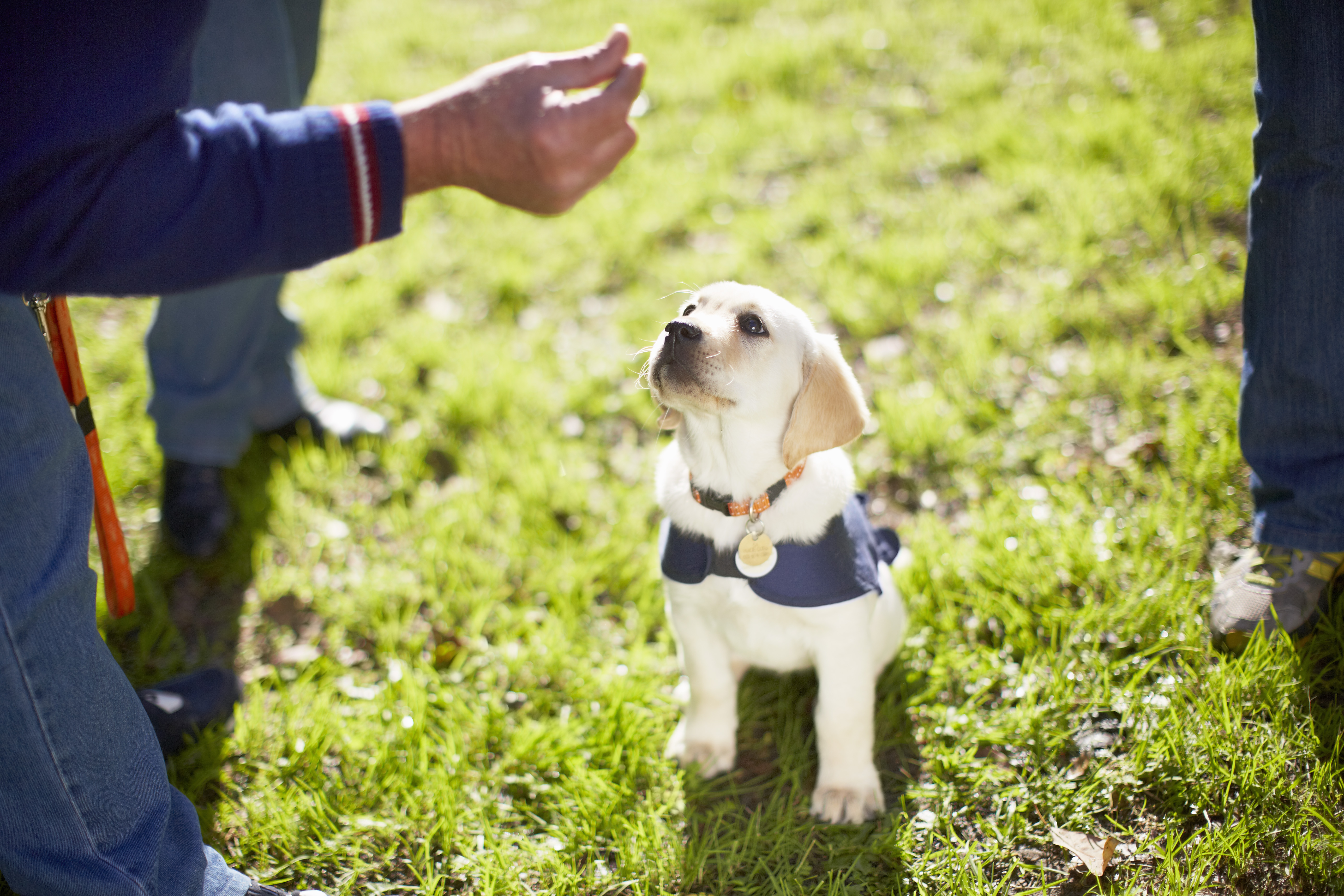
Credit: Getty Images/Westend61
How to teach a dog to sit: Five tips from leading dog trainer Ben Randall
Teaching your dog to sit is one of the most important things you can do — and it will help with
-
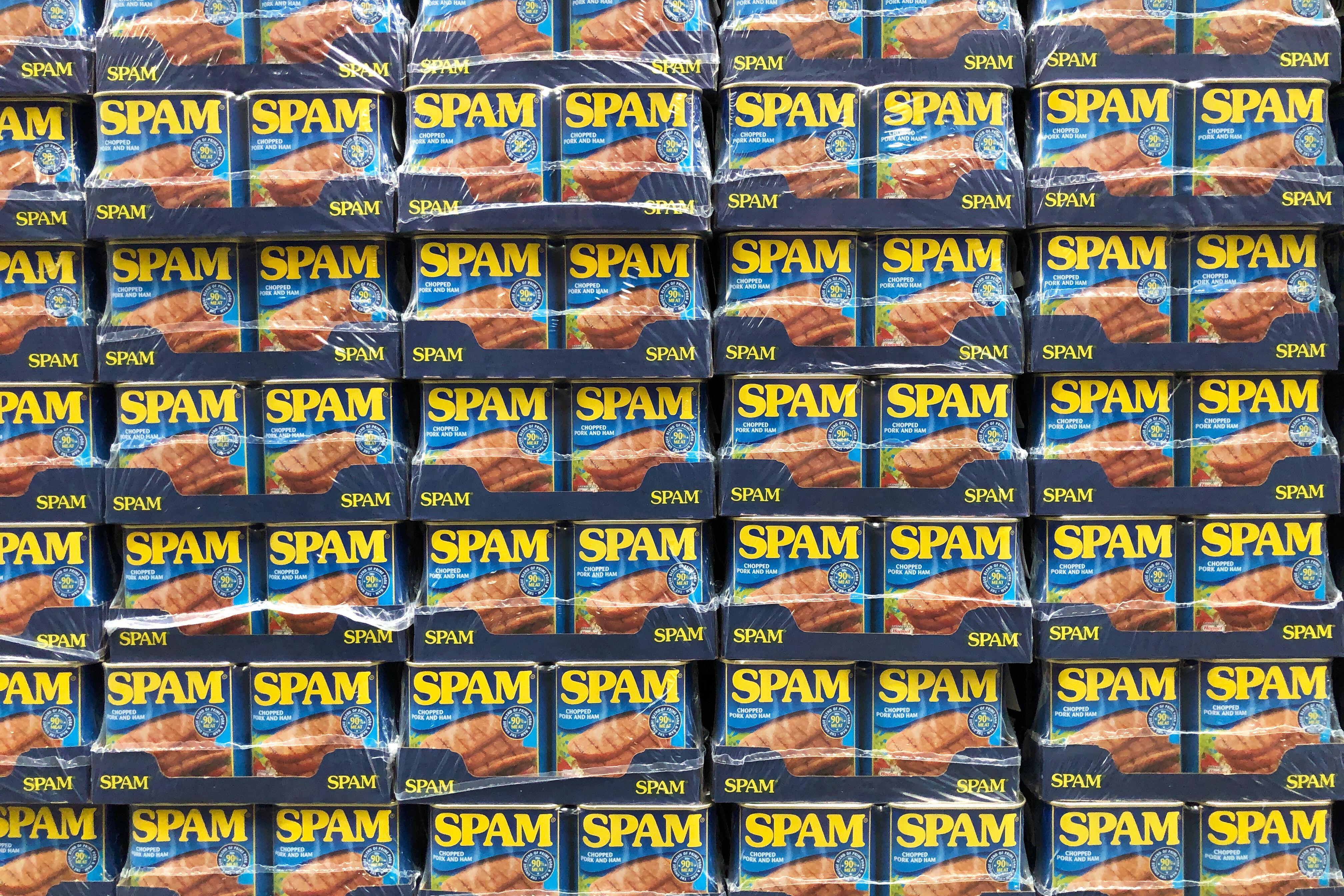 Spam: The tinned meaty treat that brought a taste of the ‘hot-dog life of Hollywood’ to war-weary Britain
Spam: The tinned meaty treat that brought a taste of the ‘hot-dog life of Hollywood’ to war-weary BritainCourtesy of our ‘special relationship’ with the US, Spam was a culinary phenomenon, says Mary Greene. So much so that in 1944, London’s Simpson’s, renowned for its roast beef, was offering creamed Spam casserole instead.
By Country Life
-
 Sanderson's new collection is inspired by The King's pride and joy — his Gloucestershire garden
Sanderson's new collection is inspired by The King's pride and joy — his Gloucestershire gardenDesigners from Sanderson have immersed themselves in The King's garden at Highgrove to create a new collection of fabric and wallpaper which celebrates his long-standing dedication to Nature and biodiversity.
By Arabella Youens
-
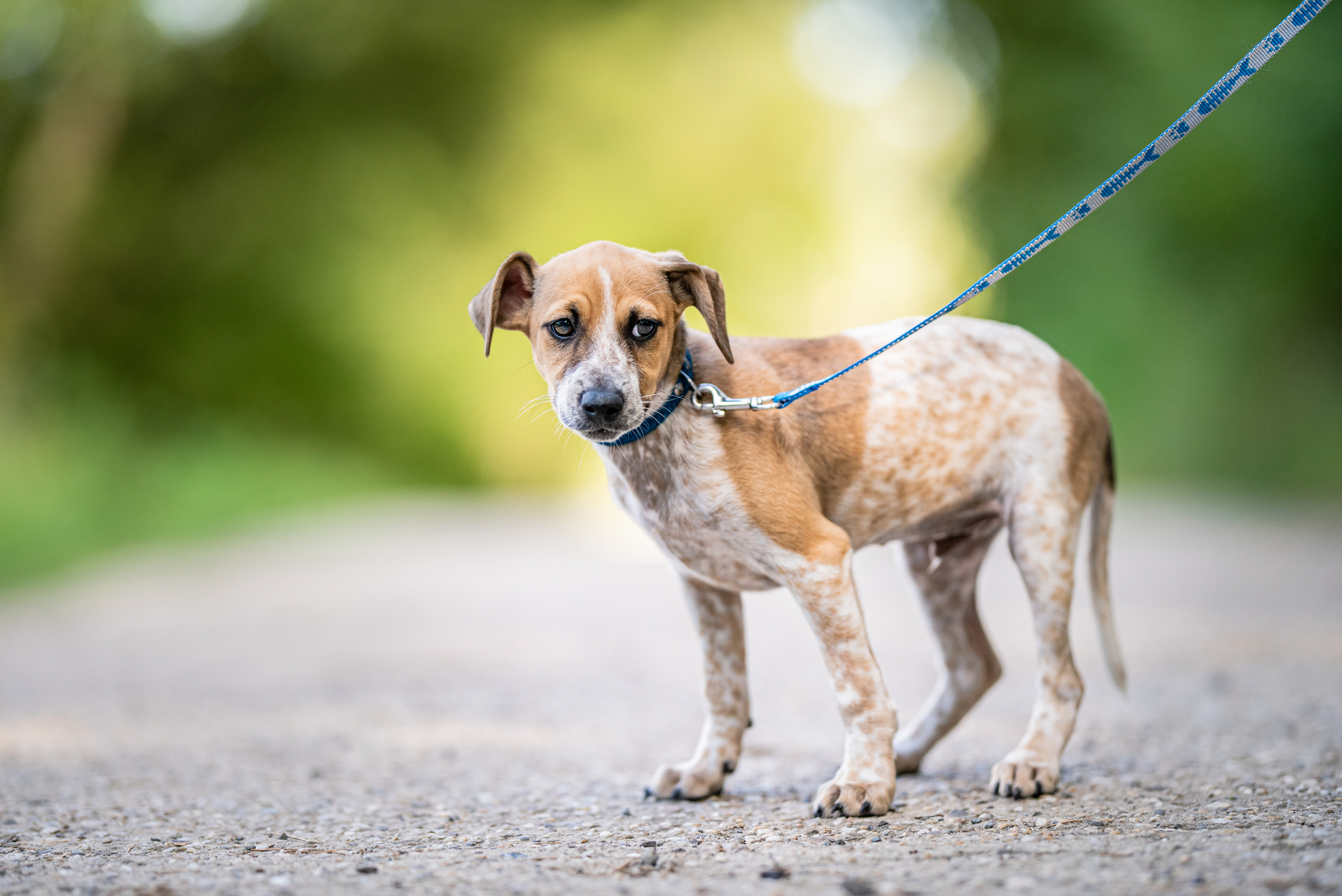 What to do when your dog gets attacked by another dog out on a walk
What to do when your dog gets attacked by another dog out on a walkBen Randall deals with a reader's difficult situation as an ordinary walk took a turn for the worse.
By Ben Randall
-
 How to deal with an older dog starting to show some bad behaviour after many happy years
How to deal with an older dog starting to show some bad behaviour after many happy yearsA-list dog trainer Ben Randall helps a reader whose ageing dog has started changing its behaviour — and not for the better.
By Ben Randall
-
 Ben Randall: Ask Country Life's canine agony uncle a question about your dog
Ben Randall: Ask Country Life's canine agony uncle a question about your dogOver the past two years our award-winning dog trainer Ben Randall has been sharing his advice with Country Life readers.
By Country Life
-
 How to look after a dog who's gone deaf, by A-list trainer Ben Randall
How to look after a dog who's gone deaf, by A-list trainer Ben RandallBen Randall handles a query from a reader whose dog has lost her hearing.
By Ben Randall
-
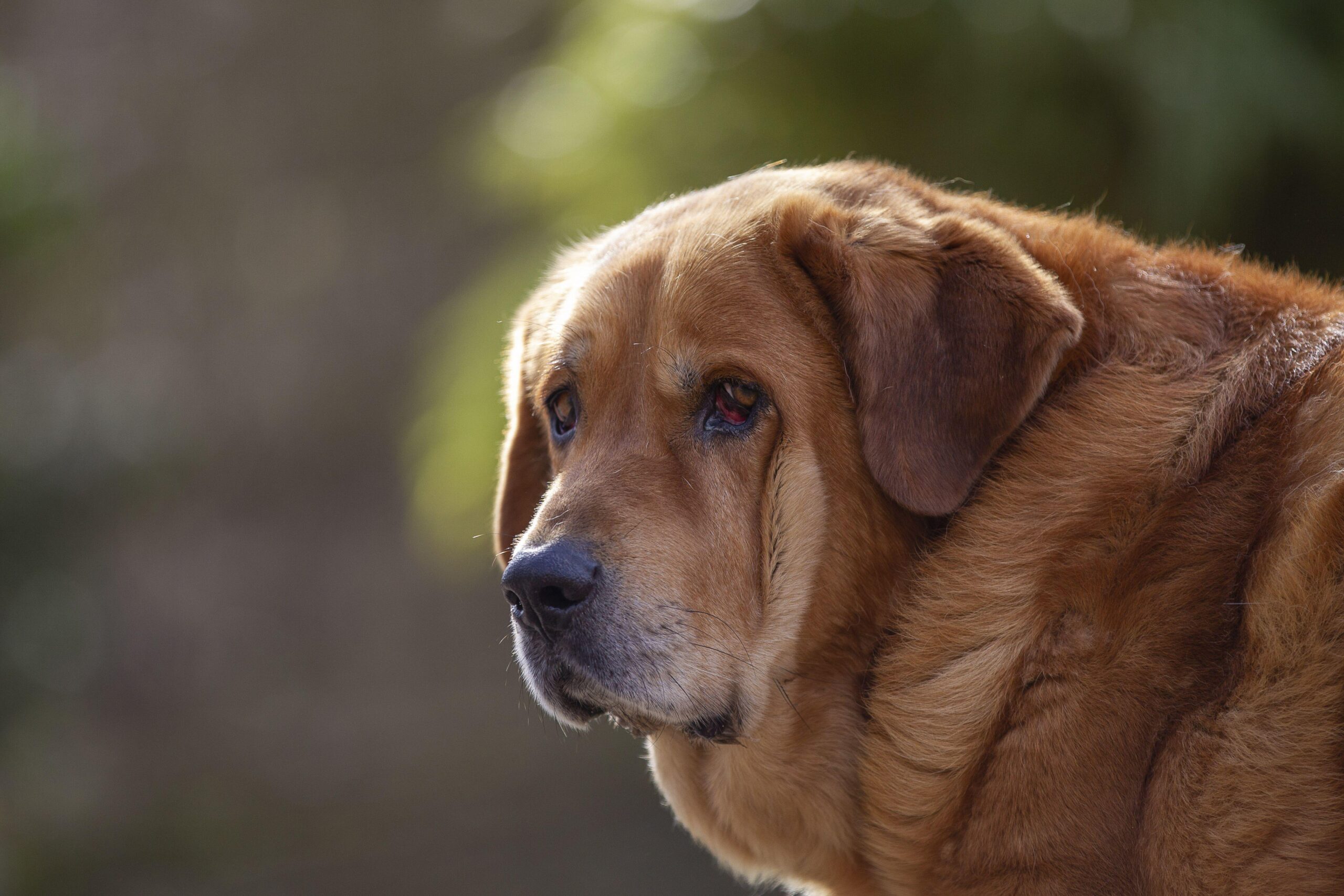 How to deal with a dog that's stronger than you are — especially when it runs off when it gets excited
How to deal with a dog that's stronger than you are — especially when it runs off when it gets excitedBen Randall tackles an issue for an owner of a dog that's almost as big as she is.
By Ben Randall
-
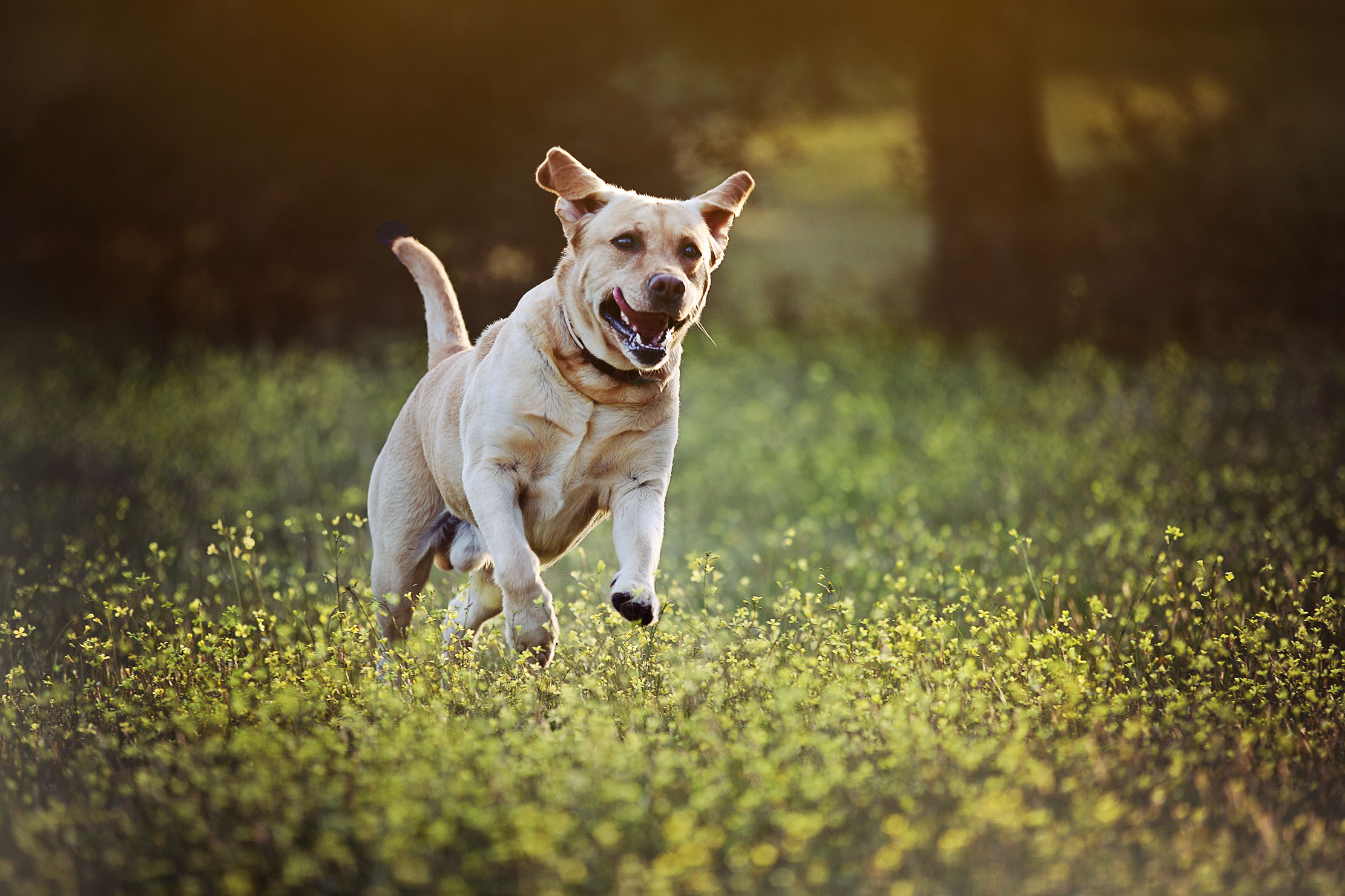 'My dog goes crazy when he sees someone with a ball launcher. How do I make him stop?': Expert trainer Ben Randall explains what to do
'My dog goes crazy when he sees someone with a ball launcher. How do I make him stop?': Expert trainer Ben Randall explains what to doTaking on a dog with ingrained bad habits can be a headache. Ben Randall explains how to retrain them to keep calm.
By Ben Randall
-
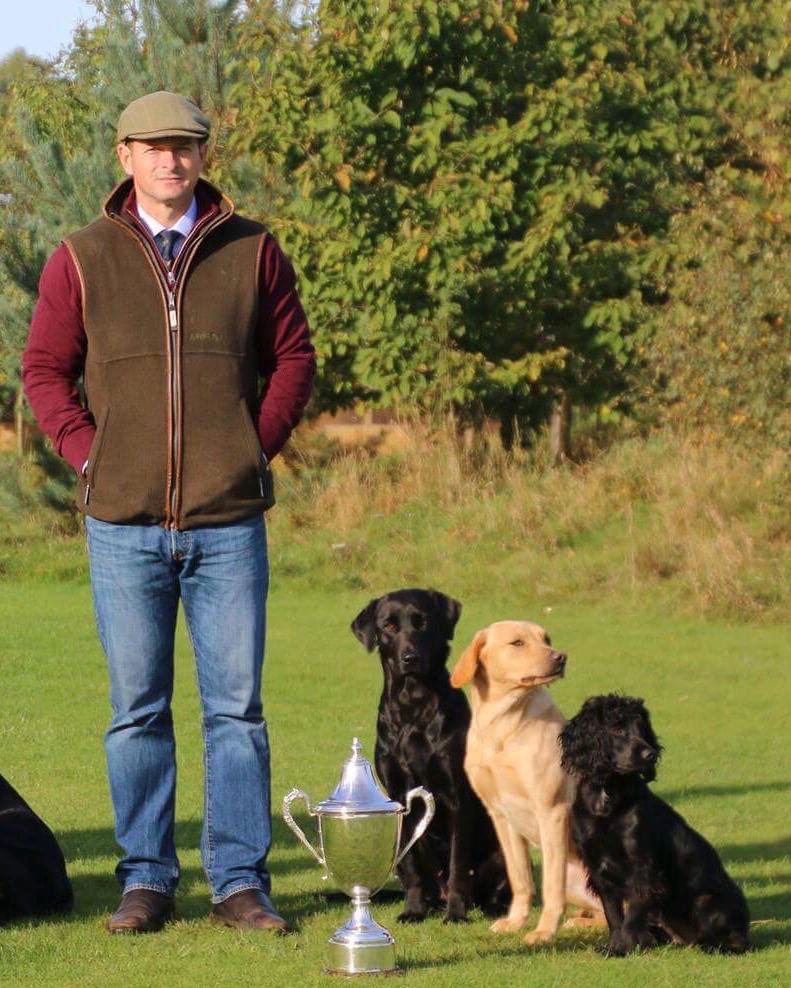 Ben Randall: Q&A with the award-winning dog trainer
Ben Randall: Q&A with the award-winning dog trainerWe speak to Country Life's canine agony uncle Ben Randall.
By Ben Randall
-
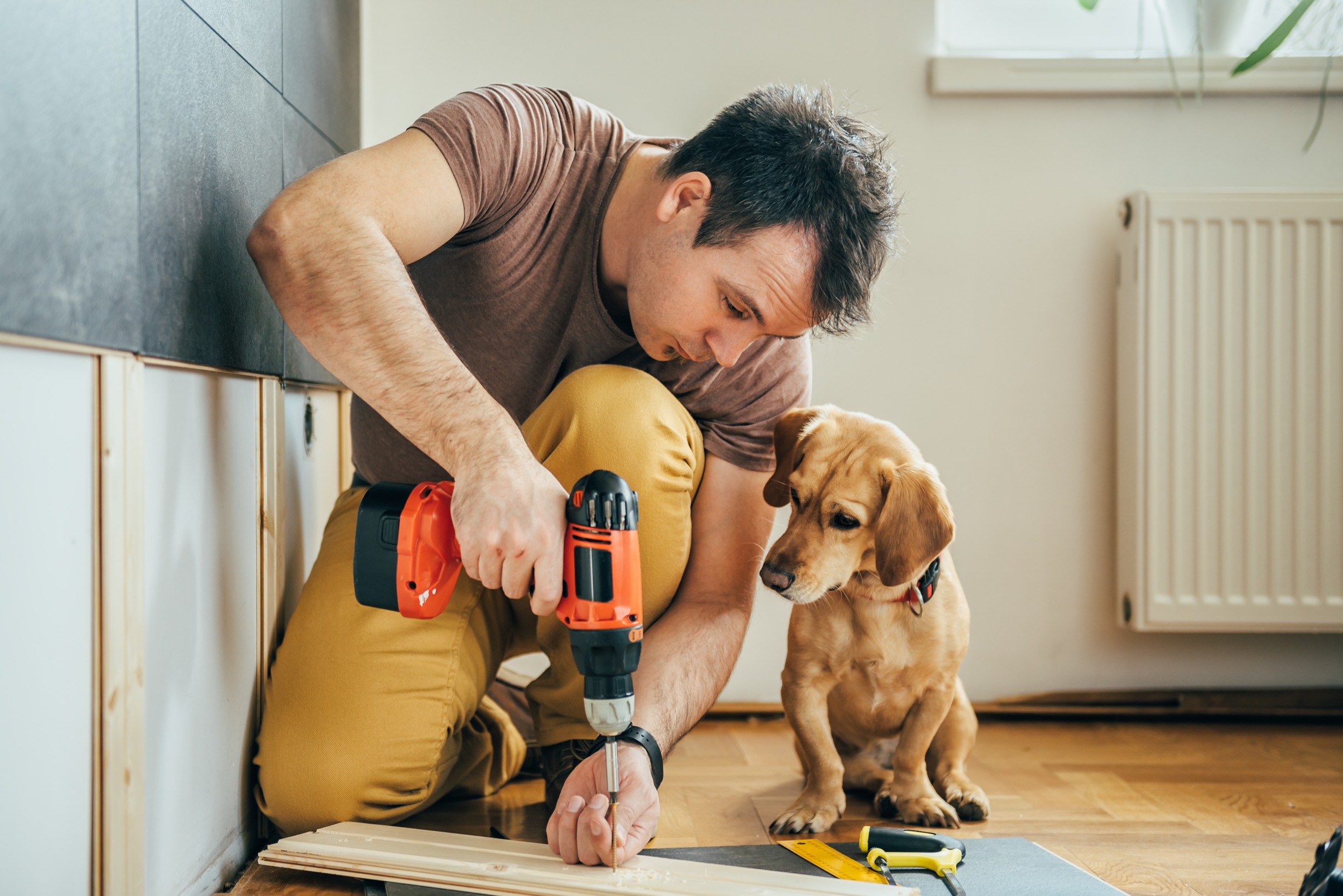 How to stop your dog from being protective and barking at builders
How to stop your dog from being protective and barking at buildersBarking can be annoying and unsettling for visitors. Ben Randall looks at how to get a little peace and quiet.
By Ben Randall